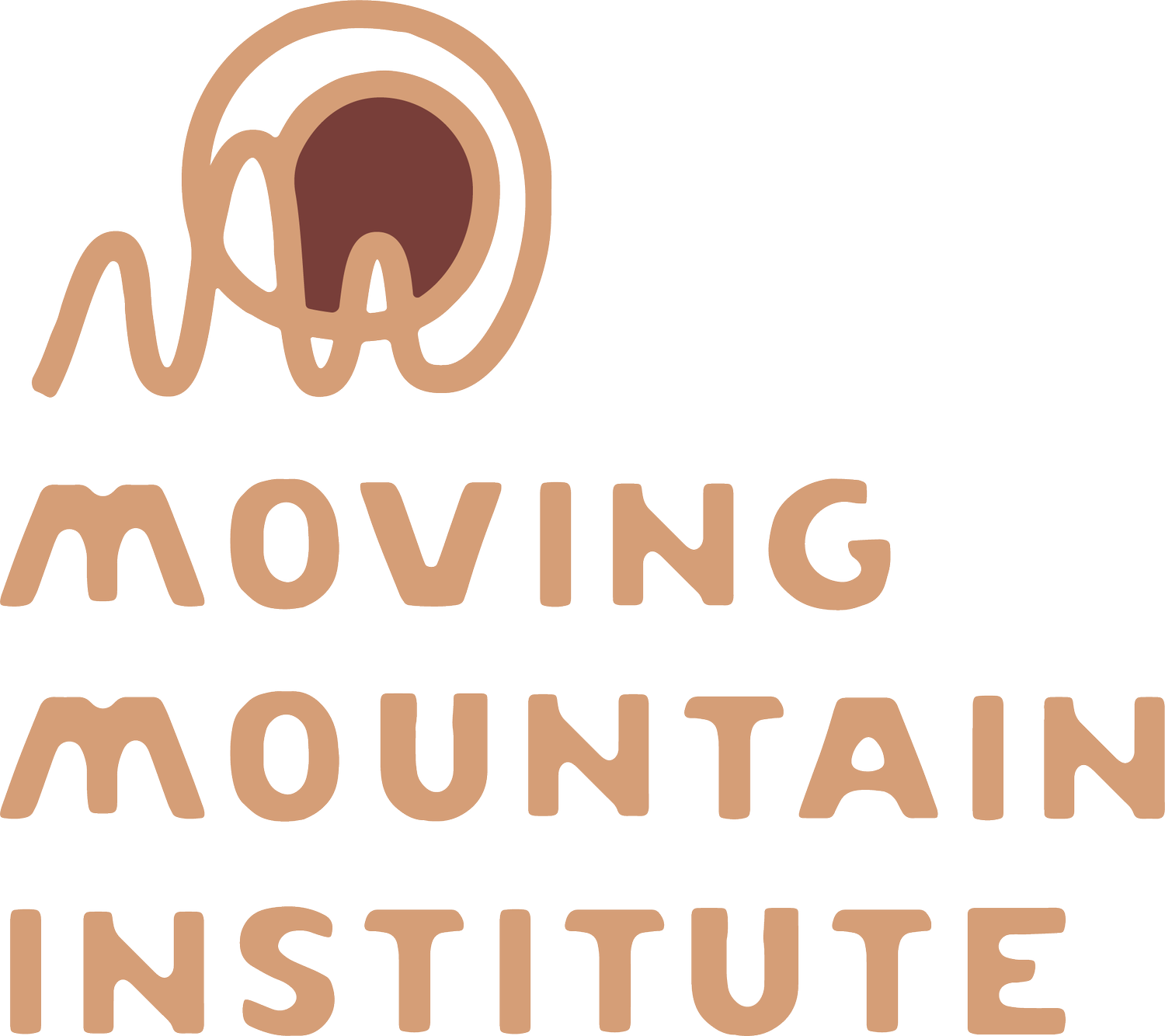Register for Courses
Use the buttons below to filter the course categories.
IVT I
IVT I
This is the first course in our Integrated Visceral Techniques Series.
This two-day course blends asynchronous learning (online, at your own pace and space) with hands-on in class technique focused instruction. Students will be given access to online materials via our online learning platform, Thinkific, prior to the course weekend and expected to spend time in review with these to maximize in person, hands-on time in class.
Schedule
Saturday and Sunday, June 1 & 2, 2024
9:30am - 4:30pm (both days)
OR
Saturday and Sunday, September 28 & 29, 2024
9:30am - 4:30pm (both days)
Special price for IVT I in June — save $60!
As we close out our 2023-2024 teaching season, we’re offering a special rate for the June IVT I class.
About this Course
IVT I introduces practitioners to the visceral fascial concept. The abdomen is rich in visceral fascial relationships and embedded within them are the lymphatic, nerve and vascular structures that determine digestive function.
A NOTE ON OUR CONTENT
Foundational instruction in understanding the polyvagal theory and specifically how it applies to the viscera will be provided to course participants in the form of asynchronous lectures as part of the course content. Additional asynchronous lectures on the applied visceral-fascial anatomy will be provided for students to view prior to and after hands-on instruction.
While visceral work is imminently learnable, it does require unique hand-skills and we have found that spending two days together at the beginning of this work accelerates students' learning. By the end of the two days students will be able to practice the techniques presented and use them in their clinical work.
Day 1 (Saturday)
Students will learn a visceral map that begins with the diaphragm and peritoneum. We will begin by spending time understanding how to treat the diaphragm. This is a crucial structure for digestive harmony and is often neglected in treatment. The diaphragm also has significance as a mediator of emotional experience. As such, it will play a role in stress related digestive issues. Treating the diaphragm improves all of your bodywork.
In the “osteopathic” tradition it is often said that the digestive system hangs from the hyoid bone. In this course we will work with restrictions within the thoracic cavity as this truly is the beginning of the digestive system. Students will learn novel approaches for treating fascial restriction within the thoracic cavity that can affect the lungs, pericardium, esophagus and supradiaphragmatic vagal tone.
At the core of the course, and our visceral curriculum overall, we are learning to work with the main sphincters of the digestive system. These provide a means for assessing and establishing an “open system” for treatment. In addition, they are a major linkage with the polyvagal system.
Day 2 (Sunday)
Our second day will focus on treating the organs in the upper abdomen; the liver and the stomach. These two organs are in a dynamic relationship with the diaphragm. Students will learn multiple techniques to treat restrictions found within each organ and between the two organs. East Asian medicine often describes the pathological dynamic of wood overacting on earth; the liver impeding the function of the stomach. We will see this anatomically and put it on our hands. As the diaphragm is the path through which the vagus nerve enters the abdomen our work here can be helpful in helping a person shift their vagal system tone.
The IVT I course has been pre-approved for the following CE hours:
NCCAOM - 11 PDAs, OBNE - 11 CEs, NCBTMB - 11 CEs
This course is designed for licensed healthcare professionals, those enrolled in a healthcare training program, or those who are otherwise on a licensing path in a healthcare field (LAc, LMT, ND, etc.). If this does not apply to you but you would like to be considered for this course, please reach out to us and we will be glad to discuss it with you and make sure your interests are a good match for a particular course.





